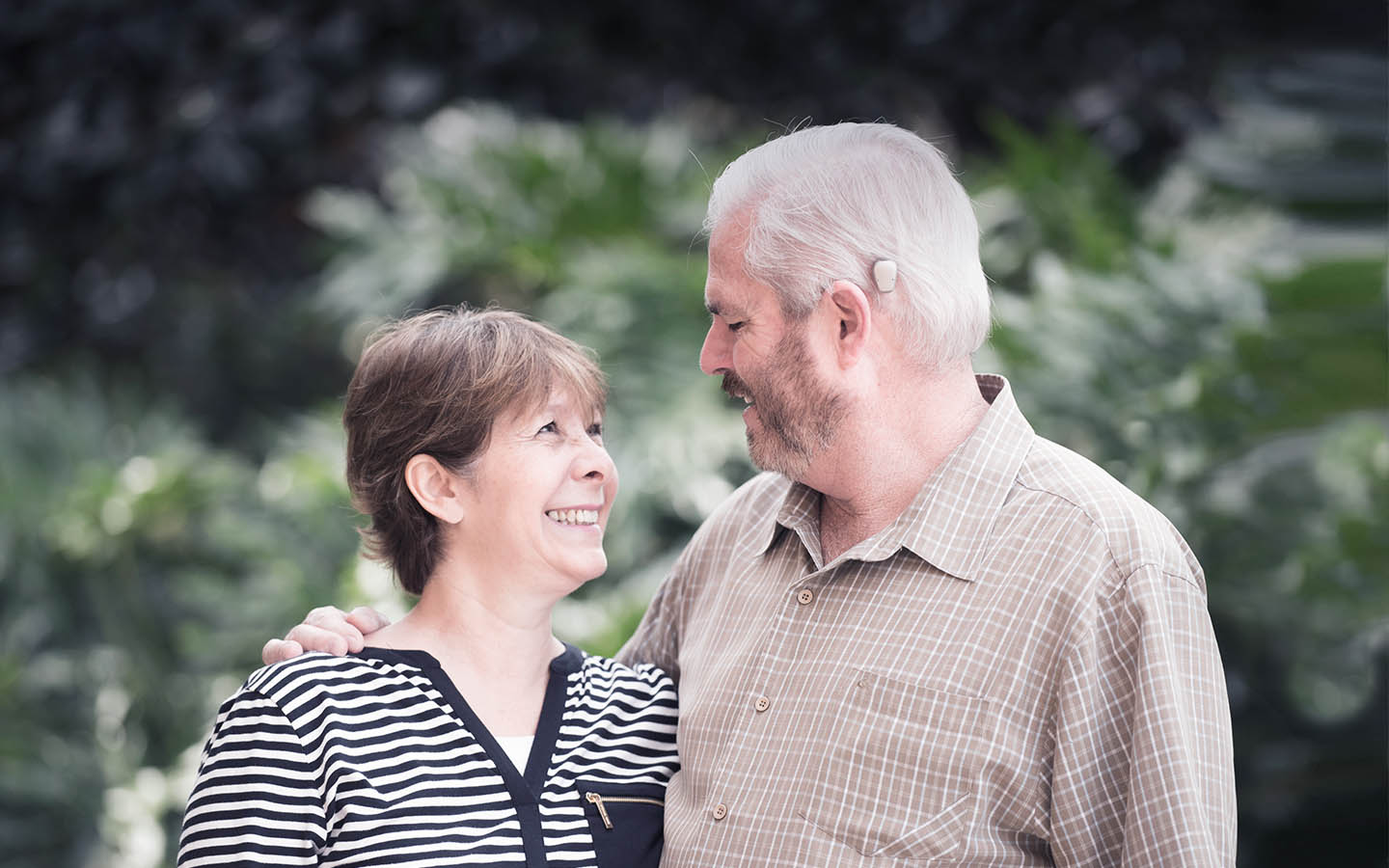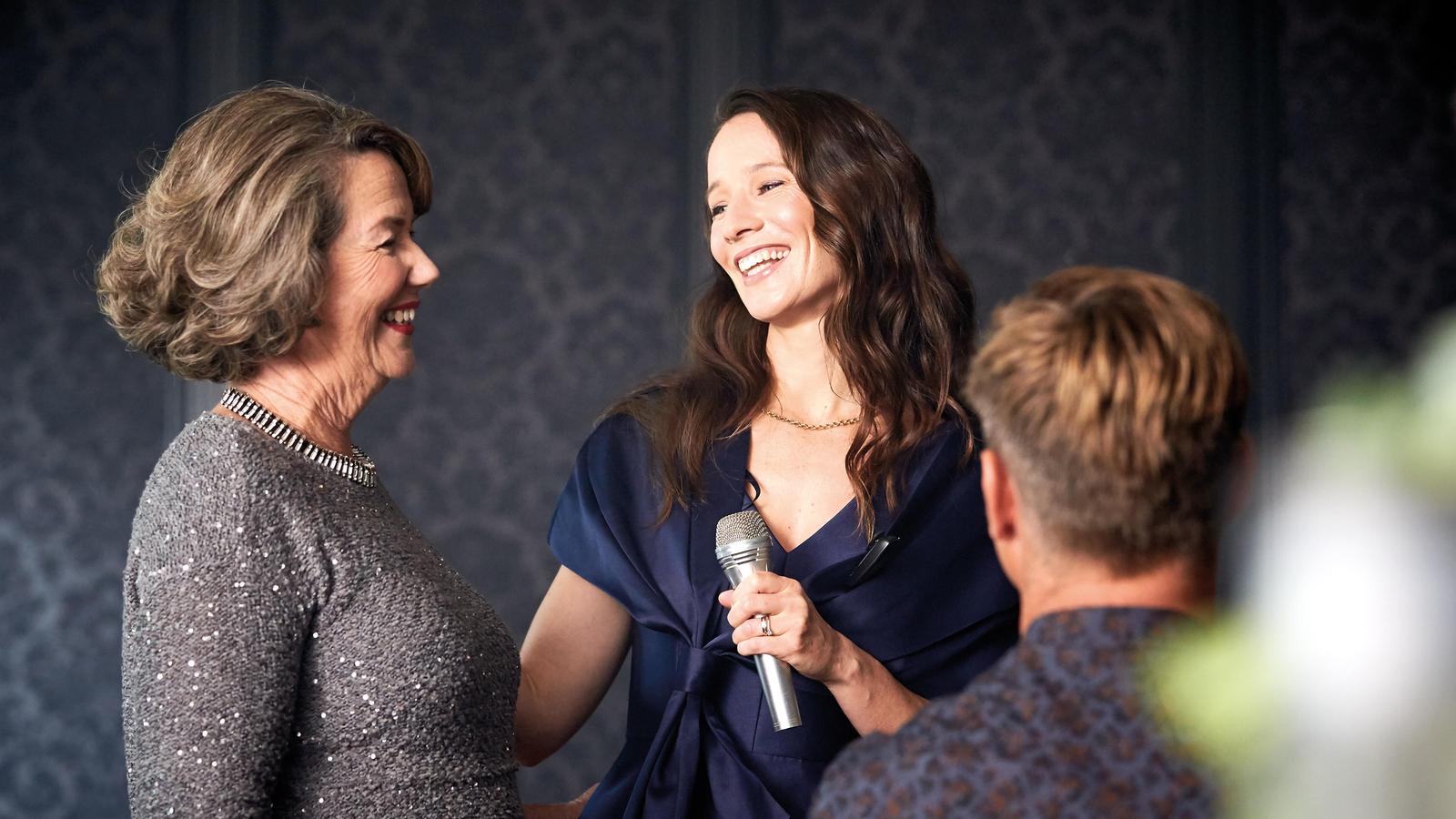When to consider implants for adults
If you struggle to hear – even with powerful hearing aids – you may not be getting the most from life. Learn how others refused to accept hearing loss and never looked back.

Losing your hearing may seem like a part of ageing that’s unavoidable. However, there are ways to help improve your hearing, even when hearing aids no longer work. Research suggests there is a link between hearing loss and loneliness and stress.1,2
That’s why if you think you have hearing loss, it’s important to take action as soon as possible.
Ignoring the signs can affect more than just your ability to hear. It can also affect your confidence, your relationships and your self-esteem.
Disclaimer
Please seek advice from your health professional about treatments for hearing loss. Outcomes may vary, and your health professional will advise you about the factors which could affect your outcome. Always follow the directions for use. Not all products are available in all countries. Please contact your local Cochlear representative for product information.
For a full list of Cochlear’s trademarks, please visit our Terms of Use page.
Views expressed are those of the individual. Consult your health professional to determine if you are a candidate for Cochlear technology.
In Australia, Cochlear™ Nucleus® implant systems are intended for the treatment of moderately severe to profound hearing loss.
In Australia, Baha® bone conduction implant systems are intended for the treatment of moderate to profound hearing loss.
In Australia, the Cochlear™ Osia® System is indicated for patients with conductive, mixed hearing loss and single-sided sensorineural deafness (SSD) aged 5 years and above with up to 55 decibels sensorineural hearing loss. Patients should have sufficient bone quality and quantity to support successful implant placement. Surgery is required to use this product. Any surgical procedure carries risk.
For Cochlear™ Nucleus®, Osia® and Baha® systems: This product is not available for purchase by the general public. For information on funding and reimbursement please contact your health care professional.
Any testimonial featured on this website is intended for an Australian audience only.
References
- Contrera K, Sung Y, Betz J, Li L, Lin F. Change in loneliness after intervention with cochlear implants or hearing aids. The Laryngoscope. 2017;127(8):1885-1889.
- Rutherford B, Brewster K, Golub J, Kim A, Roose S. Sensation and Psychiatry: Linking Age-Related Hearing Loss to Late-Life Depression and Cognitive Decline. American Journal of Psychiatry. 2018;175(3):215-224.



